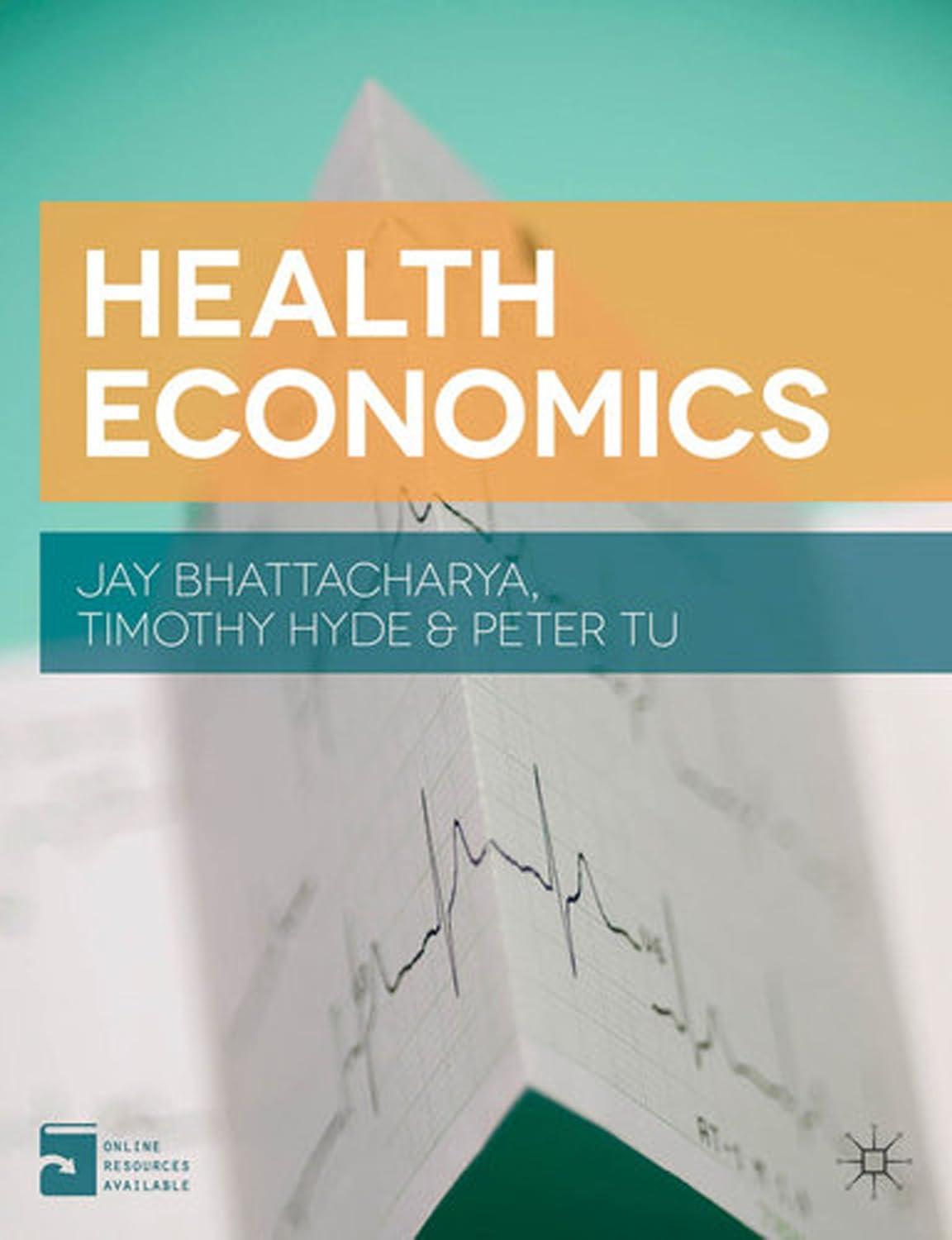Every year in early January, millions of people resolve to exercise more than they had in the
Question:
Every year in early January, millions of people resolve to exercise more than they had in the previous year. Inevitably, a substantial portion of people making such a resolution fail to carry through with it in the subsequent weeks and months. One Internet business, stickK.com, aims to help people keep their resolutions by applying behavioral economic precepts.
Customers tell stickK.com their resolution – for example, exercising at least three times a week – and a duration they pledge to adhere to their resolution.
They also entrust stickK.com with a money deposit. If the customers meet their resolution, that money is returned. However, if they renege, then a portion goes instead to an anti-charity of the customers’ choosing. The anti-charity is typically an organization that advocates positions opposed by the stickK.com enrollee.
a. Identify some of the behavorial economics precepts used in stickK.com.
b. Suppose researchers at stickK.com have decided that three months is typically the optimal length for customers – long enough so that fulfilling the resolution becomes a habit and yet not overly long so that customers become exasperated. In unpublished research, Jeremy Goldhaber-Fiebert and Alan Garber show that if stickK.com sets the default contract duration to three months, enrollees tend to gravitate toward three months as their actual contract length. Is this finding that people pick the suggested contract consistent with prospect theory? Explain why expected utility theory is unable to explain the potential impact of nudges.
c. Hence, in practice, the default contract duration, which is set by the people running stickK.com site, can be deliberately used to manipulate the actual choices stickK.com customers make. Is the use of a nudge to alter behavior paternalistic? Does your answer change given that participation in stickK.com is entirely voluntary? Why or why not?
Step by Step Answer:






